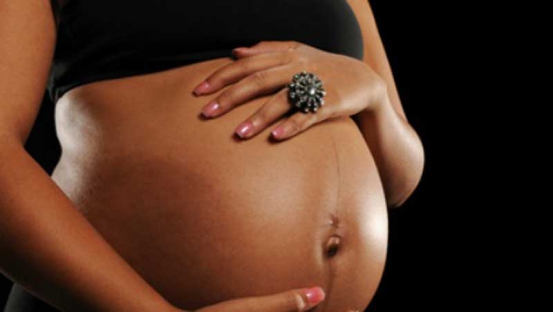×
The Standard e-Paper
Home To Bold Columnists
 Approximately 3.5 million people will struggle to conceive naturally.
Approximately 3.5 million people will struggle to conceive naturally.
It's not an insignificant figure, amounting to one in seven couples, meaning someone you know may very well be having a hard time trying to have a baby.